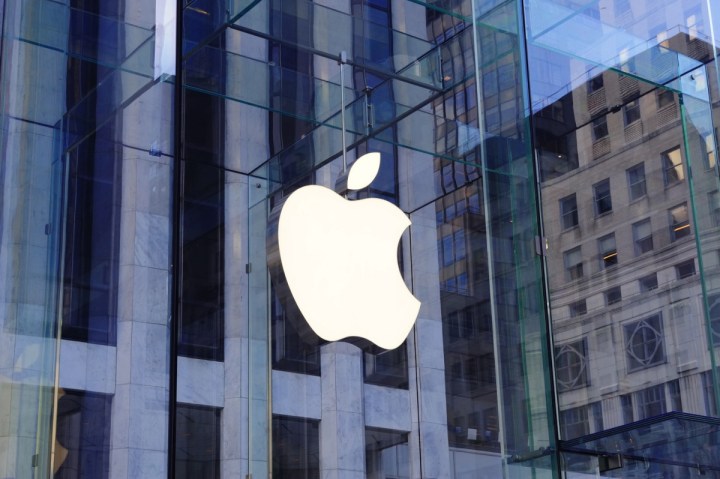
That doesn’t mean the millions of dollars that Apple poured into its attempt to disrupt the industry are going to waste. While the company has allegedly given up on building its own car for the time being, it’s still paying some of the brightest minds in Silicon Valley to develop a modular self-driving platform that it hopes to one day sell to customers, automakers, or both. Think of it as Apple CarPlay on steroids.
In theory, focusing on software will allow Apple to grab a slice of the auto industry without having to face the daunting task of navigating safety and emission regulations around the world, and without having to figure out how to set up a network of reliable suppliers. The company will also have a suite of technology ready to go if it ever changes its mind about becoming an automaker.
The new strategy has had a profound impact on Project Titan, the 1,000-strong team spearheading Apple’s entry into the auto industry. Apple dismissed a first wave of employees in August and a second wave was let go last month, according to sources familiar with Project Titan who spoke with Bloomberg. Notably, the news agency has learned that over 120 software engineers and hundreds of hardware engineers were sent home. Other employees left on their own, some citing worries about job security and general annoyance at the constant leadership squabbles.
Project Titan was given until late next year to demonstrate the self-driving platform’s feasibility, and to decide on the best way to launch it. Apple is one of the most secretive companies in the world, so it goes without saying that executives haven’t commented on the report.



